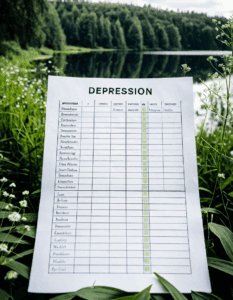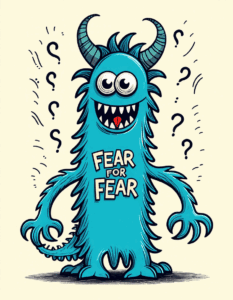The question “is depression genetic?” echoes through families and scientific discussions alike. Many wonder if an individual’s battle with depression is pre-written in their DNA. Research shows genetics plays a part, contributing to nearly 37% of the risk factors for depression, according to a comprehensive meta-analysis published in Nature Genetics. Still, it’s vital to remember that while genetics can set the stage, personal experiences and social environments often determine whether that stage becomes a reality.
Depression touches many lives, including those of parents watching their children struggle with related issues like addiction. Understanding the genetic aspect of depression helps in addressing the bigger picture, empowering families to support one another on this challenging journey.
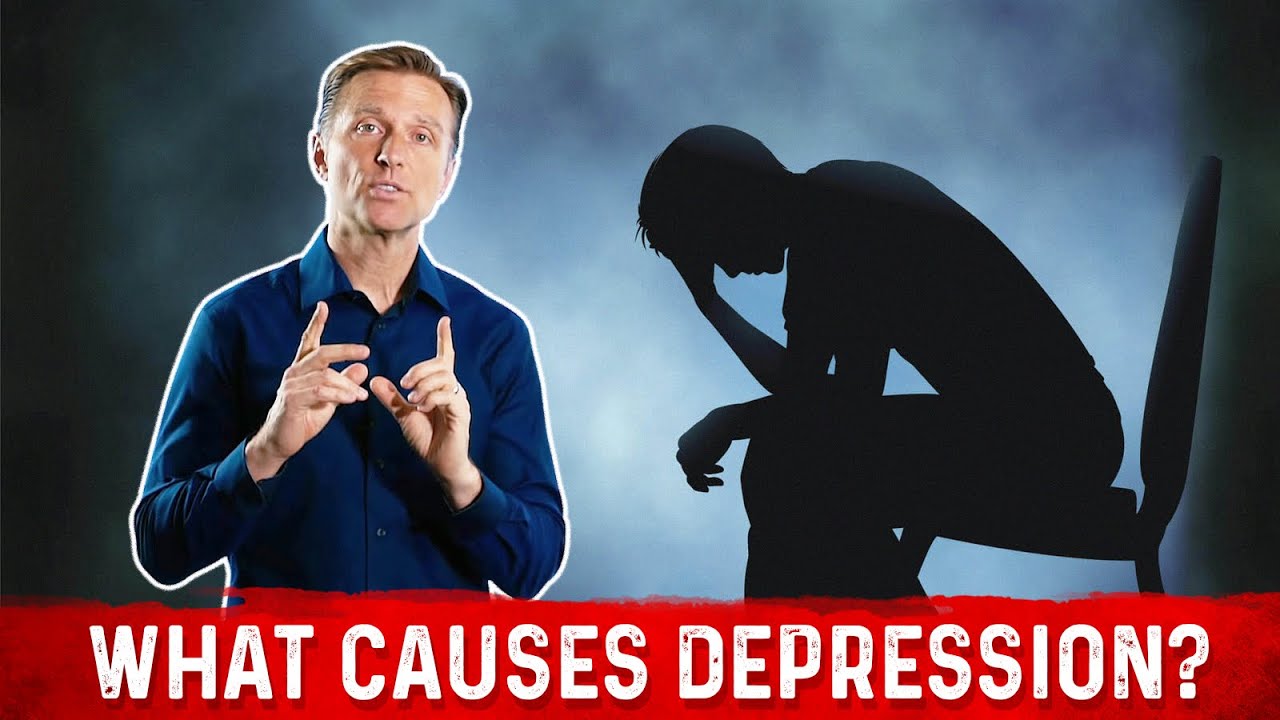
Understanding the Genetic Factor: Is Depression Genetic?
Digging deep into whether depression is really a genetic issue leads us to some fascinating insights. It’s the interplay of nature and nurture that truly shapes an individual’s mental health. A significant study from the American Psychological Association found that children of parents who experience depression are more likely to wrestle with similar feelings. However, it’s not the whole story—external stressors, like trauma or family dynamics, can tip the scales toward depression.
For instance, when a child faces continual stress from bullying or family disputes, the likelihood of developing depression increases, even if there’s a genetic predisposition. This reflects the crisis meaning behind this topic: mental health issues don’t just stem from DNA, they often arise from a combination of factors. Recognizing both strands of influence helps us develop a fuller grasp of mental health.
Another layer to consider is the socioeconomic status of families. More often than not, those living in high-stress, resource-limited areas bear a heavier burden. For example, during the 2008 financial crisis, rising unemployment correlated with an uptick in depression and anxiety across various communities, proving that external factors can significantly affect those already predisposed to mental health challenges.

Top 7 Insights into the Myth Meaning of Genetic Depression
When it comes to the myth meaning of genetic depression, we cannot ignore the synergy between inherited traits and environmental influences. Let’s take a look at one example: many children grow up believing they will inevitably face the same struggles as their parents. It’s a harmful notion that can hinder recovery and learning.
Socioeconomic status isn’t just a number; it profoundly affects mental health. High-stress living conditions can amplify genetic predispositions toward depression. Consider those families hit hard during economic downturns—mental health approaches must incorporate these realities to be effective.
It’s frustrating how often we hear discussions that confuse depression with insanity. Those dealing with depression often feel lost and misunderstood, but let’s be clear: depression, characterized by such symptoms as persistent sadness and hopelessness, should not be equated with losing one’s mind. Celebrities like Demi Lovato and others are doing a wonderful job (check out their inspiring stories) to bring light to these misconceptions, helping more people feel comfortable seeking help.
Family histories of mental health issues come with a heavy burden. Many feel resigned to their genetic fate, believing treatment is futile. This unfortunate meaning can devastate families, preventing them from seeking out support. Organizations like the National Alliance on Mental Illness (NAMI) and their “StigmaFree Campaign” work tirelessly to dismantle erroneous beliefs about mental health.
Widespread misconceptions can lead families to overlook vital avenues for support. If people think depression is solely a genetic issue, they might solely look to medication while ignoring counseling, community support, and lifestyle changes that could greatly help. Understanding the detrimental meaning of misconceptions allows us to effectively approach mental health challenges.
Depression often comes hand-in-hand with anxiety. Studies show that genetic factors intertwine the two, presenting more hurdles for treatment. For example, when one twin suffers from anxiety, the likelihood of the other experiencing depression shoots up dramatically. Recognizing these anxious connections can tailor effective treatment pathways.
Addiction frequently goes hand-in-hand with depression, where genetics can amplify susceptibility. The National Institute on Drug Abuse provides insight showing individuals with substance use disorders face a heightened risk of mood disorders. Diving into the illicit meaning here emphasizes the importance of addressing addiction within the context of mental health.
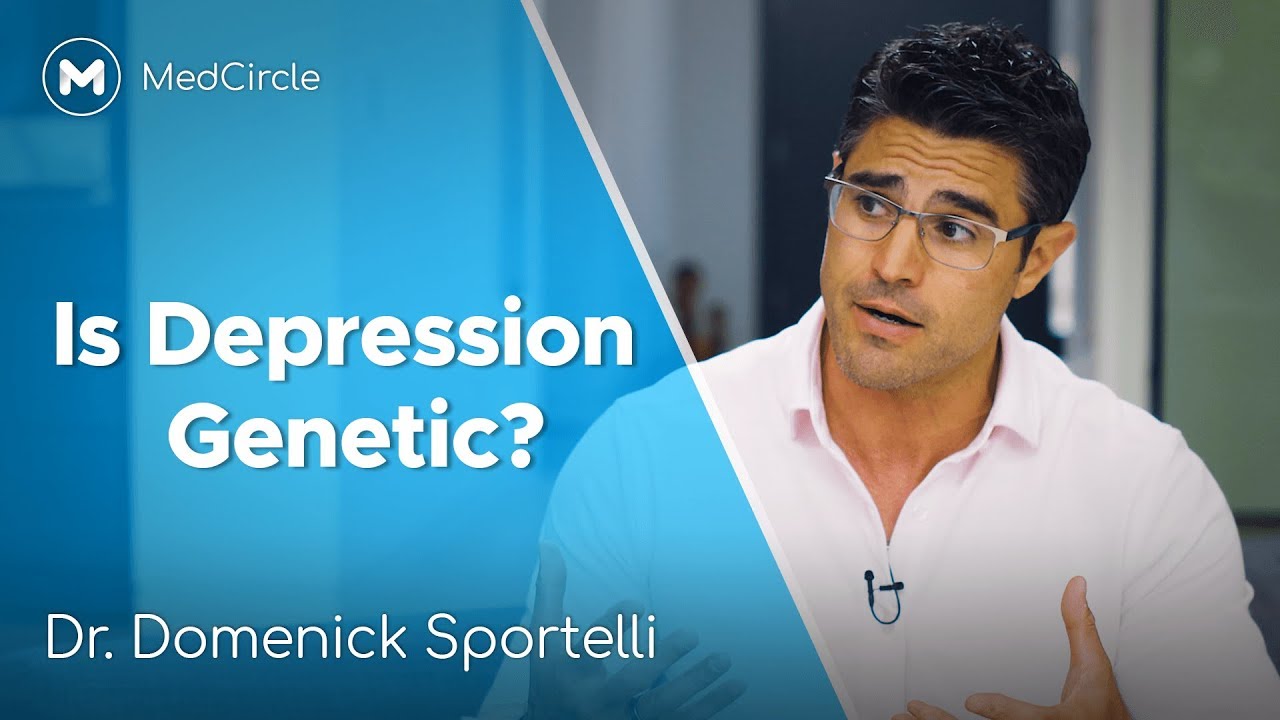
Interconnecting Genetics, Environment, and Mental Health
In conclusion, it’s clear that the relationship between genetics and depression is not just a simple story. Instead of viewing it through the narrow lens of genetic determinism, we benefit immensely from acknowledging the various influences involved—biological, social, and experiential. As parents navigate these difficult waters with their children, sharing experiences and opening dialogues about these topics can foster understanding and healing.
It’s essential to challenge societal narratives surrounding mental health while continuing to educate ourselves and others about these realities. As conversations evolve, we can cultivate empathy, dismantle stigmas, and promote effective treatment strategies. By embracing this complexity, families gain not just insight into the illness but also recognition of the societal perceptions that entwine with it.
At Mothers Against Addiction, we stand firm in our commitment to helping parents who navigate the turmoil of addiction and mental health struggles. Together, we can break through the darkness of depression and addiction, shining a light on healing and resilience. Remember, you are not alone.
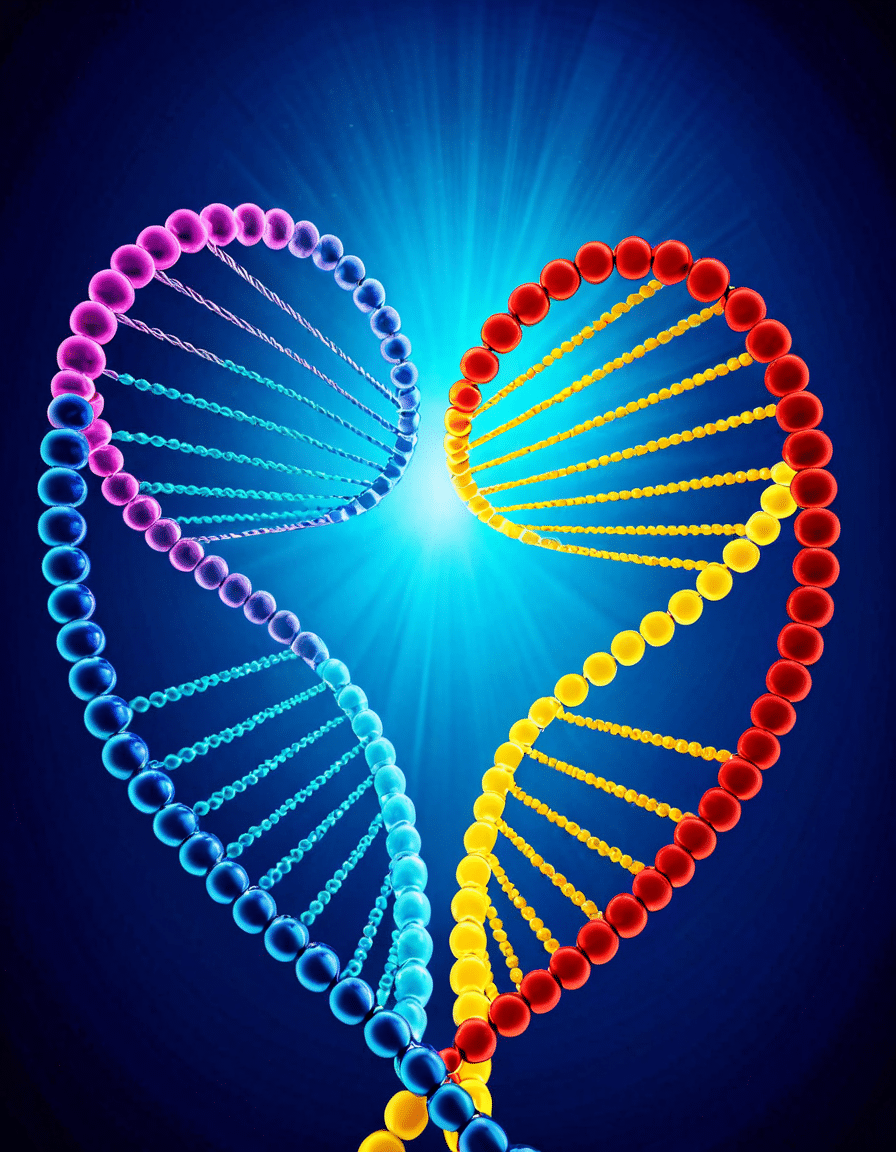
Is Depression Genetic?
Understanding whether is depression genetic can feel like peeling an onion—layer after layer of complexity. Research suggests that genetics play a role in mental health, including depression. It’s fascinating to note that if someone in your family has dealt with depression, your risk might increase significantly. For instance, studies indicate that having a first-degree relative with depression could double your odds of experiencing it yourself. Well-known figures like Gaia Weiss have even opened up about their own struggles with mental health issues, showing that these challenges can affect anyone from all walks of life.
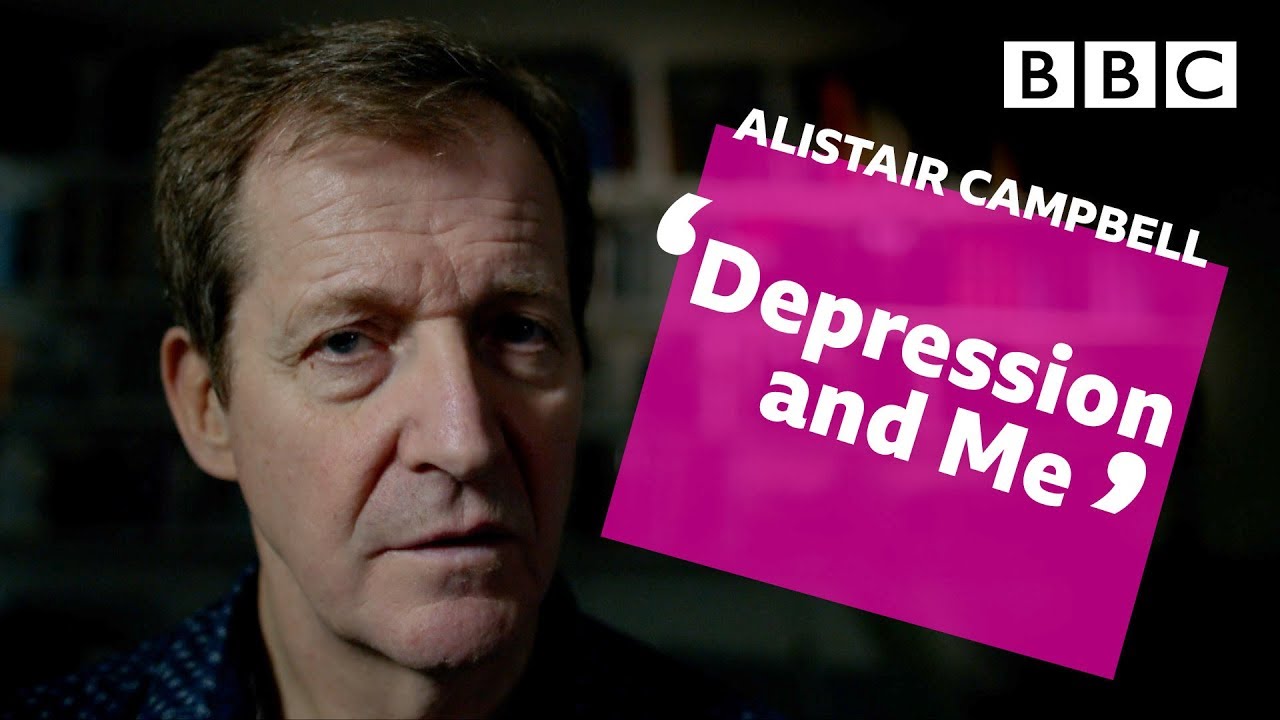
The Science Behind It
Now, don’t let the scientific jargon overwhelm you! The genes linked with depression are not like a simple recipe that guarantees you’ll bake a cake. Instead, it’s more like a swing between multiple influences—genetics, environment, and personal experiences all come into play (and yes, even that swing meaning will differ!). An interesting tidbit? Genes can predispose someone to depression, but they aren’t the only culprits. Stressful events, trauma, and even lifestyle choices can push individuals over that critical edge. Remember, more than just your family tree can determine how you feel; something as nuanced as the Overwhelmed meaning of life’s trials also factors in.
Community and Support
Here’s a fun fact: active community support can work wonders in mental health management. Engaging in regular exercise, such as lat Exercises, can elevate mood through the release of endorphins. Support from friends and loved ones can be incredibly effective. And it’s essential to know that you’re not alone—countless people understand the battle. Organizations like ours, Mothers Against, focus on aiding families struggling with the fallout of addiction, which often intertwines with mental health, further exploring whether depression meaning has roots tied to genetic factors or environmental influences.
In conclusion, while is depression genetic remains a topic of debate, one thing’s for sure: understanding your family’s history can shed light on your own mental health journey. There’s a strong case for a genetic link, but remember it’s a multi-faceted issue with community and support playing vital roles. So, let’s keep the conversation going—arm yourself with knowledge, and foster a supportive network around those who need it most!










